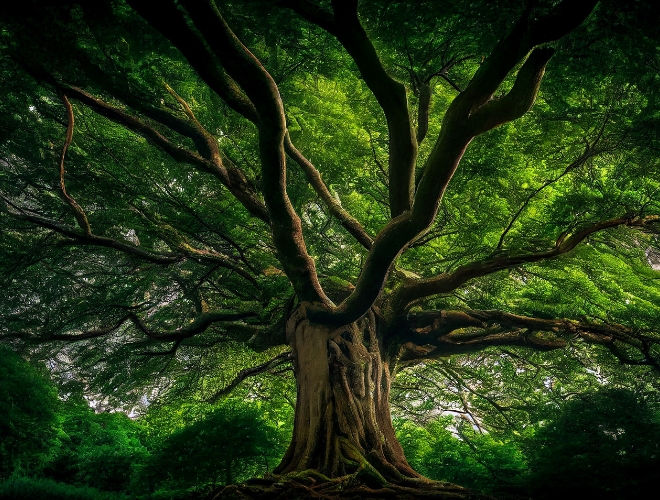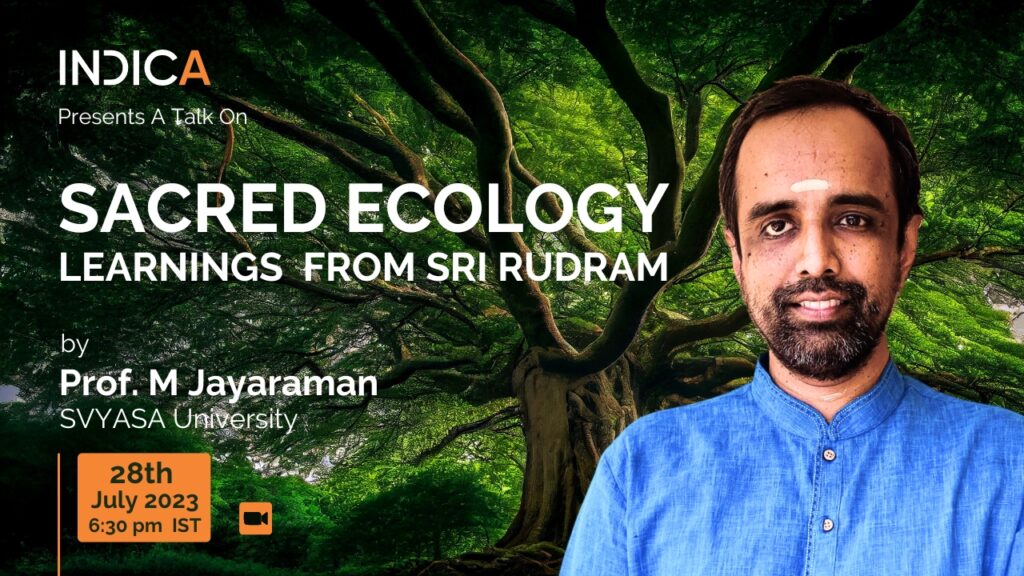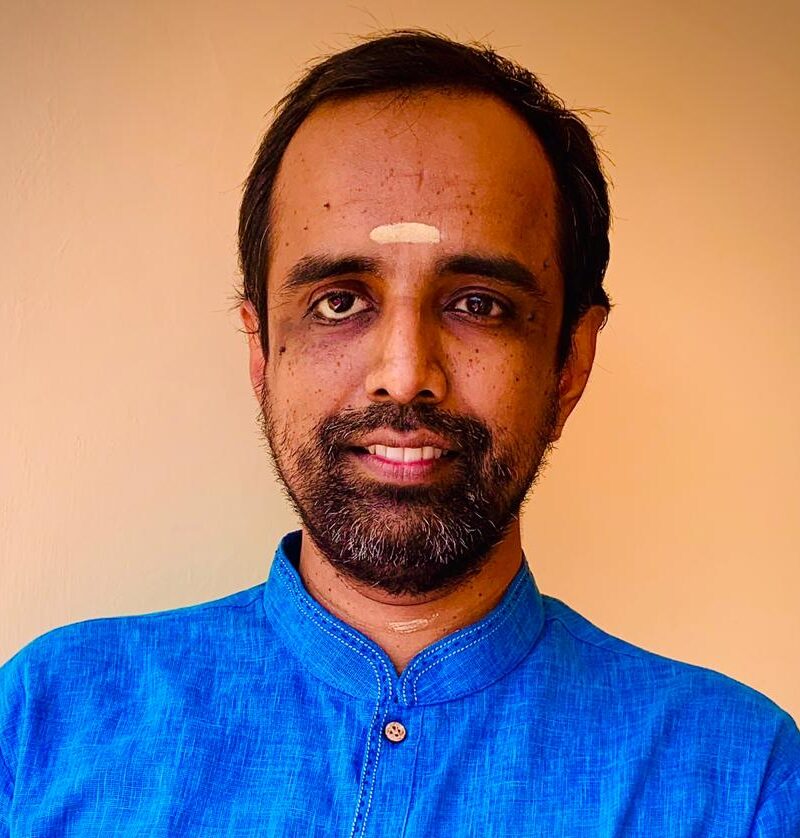

This event is over. See upcoming events
6:30 PM - 7:30 PM (UTC+5.5)
Sacred Ecology : Learnings From Sri Rudram
SPEAKERS
In today’s world, war, strife, and conflict over natural resources are commonplace. Is there an alternative approach to nature that we can adopt? Can we stop viewing nature as a mere resource and instead admire and respect its diversity, celebrating it as a divine manifestation?
The Vedas offer us a healing and calming perspective on Mother Nature. Among the many Vedic portions containing healing mantras, Shri Rudram stands out as prominent and popular. It is a sacred Vedic portion dedicated to Lord Shiva, one of the principal deities in Hindu dharma, and holds great significance in the spiritual and religious traditions of India. Part of the Yajur Veda, Sri Rudram begins with an invocation of Lord Shiva, praising His various attributes and expressing deep reverence towards Him. It acknowledges Shiva as the supreme consciousness, the destroyer of ignorance, and the embodiment of divine qualities such as compassion, wisdom, and auspiciousness. This adoration sets the tone for seeking the blessings and grace of Lord Shiva. It also portrays Sri Rudra as the wielder of weapons to vanquish wrongdoers.

Alongside these discussions, Sri Rudram offers a beautiful immersion into the all-encompassing, pervasive presence of Bhagavan Rudra through myriad manifestations in nature. The exalted Vedic Rishi witnesses the dance of Bhagavan Rudra:
- In the various hues of the rising sun
- In the trees, grass, shrubs, crops, and forests
- In the mountains, rocky paths, and saline grounds
- In the diverse flows and sources of water, rivers, and their banks
- In the earth, atmosphere, and heavens
- In the varied nature of humanity
These excellent and intricate discussions on aspects of nature demonstrate that the Vedas were never detached from the world. With keen powers of observation, intricate aspects of nature were noted, and the inherent divinity within each entity of creation (even though it may externally appear otherwise) was admired, celebrated, and respected.
This lecture will shed light on the aforementioned themes: the healing, calming, and wide-eyed adoration of nature, drawing insights from the commentary of Abhinava Shankara (Rama Brahmananda Tirtha) from around the 16th century CE. In this commentary, it is noted that Sri Rudram is glorified as an Upanishad (Rudropanishad).
